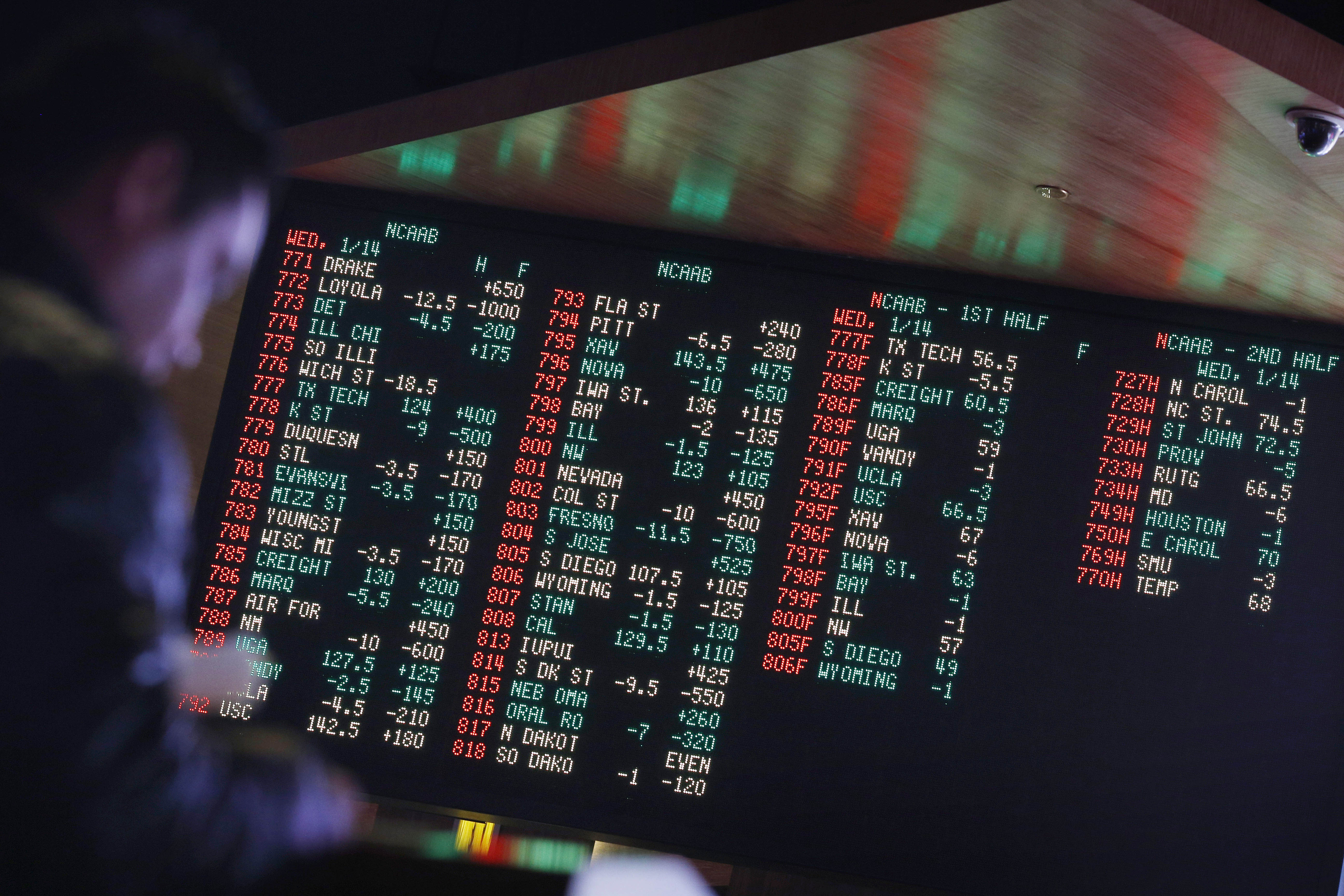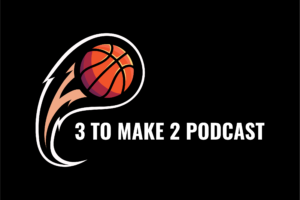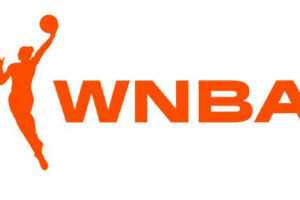Fifteen years have come and gone and we still talk about. Some use it as a punchline. Others use it as the predecessor of the tired argument that the NBA is run by players not the coaches. Fifteen years later and if you say “practice”, thoughts of Allen Iverson immediately comes to mind. In the unforgettable press conference, Allen Iverson said the word “practice” 22 times.
As Matt Walks pointed out in his 2016 article, there were many layers to Allen Iverson and what prompted Iverson’s famous press conference. It isn’t uncommon for stars not to practice with the team all the time. Gary Payton, who took credit for causing Iverson’s rant, was one of them.
Iverson had asked Payton how he stayed in such great shape and was always able to remain on the court, and Payton said, “I told him for real that my coach, George Karl, didn’t let me practice. That was it. I said, ‘You have to stop practicing.'”
Iverson was always a lightning rod. He brought hip hop fashion to the NBA before he became popular (and later outlawed). His cornrows and tattoos gave a voice to those who felt like they didn’t have one. His balls to wall effort every night made him easy to like even though he made some feel uncomfortable. He was a pioneer.
What people don’t want to acknowledge is how the NBA is better with coaches and organizations that work with their players for the benefit of the team. Contrary to popular belief, data analytics has been the driver of players sitting out back to backs. Keeping your most valuable assets healthy is part of the job of the organization. We are seeing the same cautious approach in Major League Baseball. We hear more about inning limits than ever before. It’s considered smart business but too often, people view the NBA without using common sense. Anything that is beneficial for the player is seen as the players running the league and prompts nothing more than misguided faux outrage.
The idea that so many would give Larry Brown the benefit of the doubt is a head scratcher. He’s cheated at three schools. By far, he did the worst job of any US Olympic men’s basketball coach in history. Yet, many lined up to be on the wrong side of history. If Iverson needed more rest than Brown should’ve been there to support him. That would’ve been more productive than getting in front of a mic and constantly whine about your franchise player. It’s the second best thing Brown does behind putting schools on probation.
At the end of the day, Philadelphia’s success hinged on Iverson and Brown’s ability to get along. They needed Brown to be a leader who would do what was best for the organization not himself. People will point out the Brown’s record with the Sixers and talk about his success. He certainly deserves credit for taking over a struggling franchise and getting them to the playoffs. But, he was trusted to take him to another level and failed to do so, in part because of his relationship with Iverson.
A coach’s relationship with their best player is important in any sport. It’s even more important in the NBA. There’s a reason why Phil Jackson won with the Lakers during the Kobe/Shaq years and Del Harris didn’t.
Larry Brown failed to acknowledge that as he steadfastly stuck to his misguided guns. It robbed the Sixers of being more than they were during that period. Brown would later go on to win a ring with the Pistons. Detroit is one of the few NBA teams to win a ring without a frontline superstar.
Iverson would eventually end up in Denver, Detroit, Memphis and back with Philadelphia. He never saw a finals again. But as we look back at the “practice” press conference it’s time to acknowledge that Iverson had a right to have beef about not getting enough rest. Unfortunately for him, we didn’t have the detailed level of data analytics that we have today.
Once again, Iverson was a pioneer.
Marcus “Mook” Washington is the host of Making The Cut. Follow Mook on Twitter: @mtcwithmook and IG: MTCWithMook




